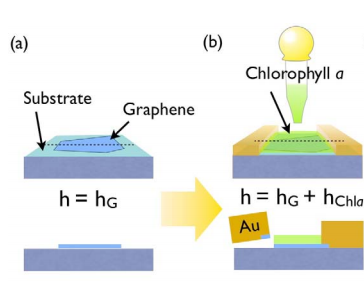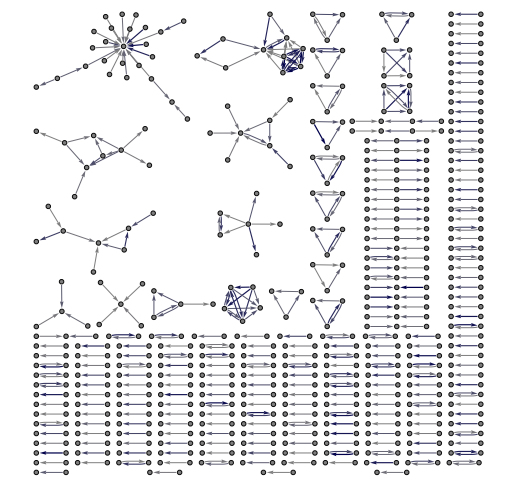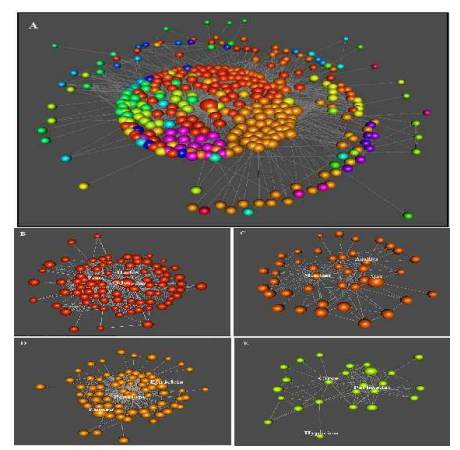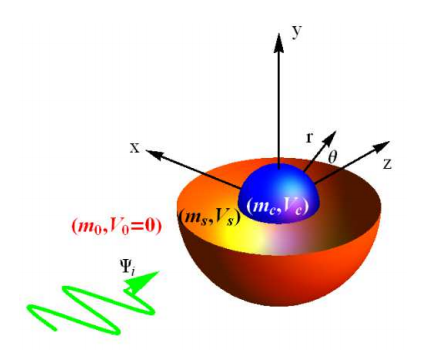- High-Tech Cheetah Tracking Reveals the Cat’s Hunting Secret
Research into wild animal locomotion could inform the design of future robots.
Biologically inspired robots could prove useful for all sorts of tasks (see “Just What Soldiers Need: A Bigger Robotic Dog”). But the design of such robots has been limited by our understanding of animal locomotion. Now, thanks to tracking technology, this is changing, and more nimble-footed machines could soon follow.
- Materials Scientists Build Chlorophyll-Based Phototransistor
Coat a layer of graphene with chlorophyll and you get a remarkably sensitive light-activated switch, say physicists.

- Going Under
Study of anesthesia-induced brain-wave patterns could help doctors make sure patients don’t wake up during operations
Since the mid-1800s, doctors have used drugs to induce general anesthesia in patients undergoing surgery. However, little is known about how these drugs create such a profound loss of consciousness.
- America's Petrochemical Landscape
Beyond the drilling rigs, the fossil-fuel industry spreads far and wide across the land.
- Always Present
The patient who transformed the science of memory
Suzanne Corkin was a graduate student at McGill University when she met a young man named Henry Molaison in 1962. She spent several days giving him memory tests as she gathered data for her PhD thesis. But each day she had to reintroduce herself, as Molaison had almost completely lost the ability to form new memories.
- A Chocolate Maker’s
Big Innovation
In transforming the way cacao farmers supply manufacturers, a
San Francisco startup is creating a superb product.
You may have seen little squares of Tcho chocolate in their brightly colored wrappers decorated with futuristic parabolas of gold and silver. They’re easily found: Starbucks has sold them; Whole Foods sells them now.
- A Green Sahara
Study finds ancient North Africa was much more lush than previously thought
Today the Sahara is a vast desert spanning more than 3.5 million square miles in northern Africa. But as recently as 6,000 years ago it was a verdant landscape, with sprawling vegetation and numerous lakes. Ancient cave paintings in the region depict hippos in watering holes, and roving herds of elephants and giraffes—a vibrant contrast with today’s barren, inhospitable terrain.
- Greener Plastics
Plastics have become synonymous with waste, but they can be made sustainably.
There can be little doubt that plastic materials have dramatically improved everything from clothing to travel to communications to building. Some of the damage they have caused, however, is equally dramatic.
- Fast Break
Metastatic cells move through tight spaces more quickly than ordinary cells
Most cancer deaths are caused by metastatic tumors, which break free from the original cancer site and spread throughout the body. Many of the genetic changes that allow cells to become metastatic have been studied extensively, but it has been more difficult to study the physical changes that contribute to this process.
Digest powered by RSS Digest







